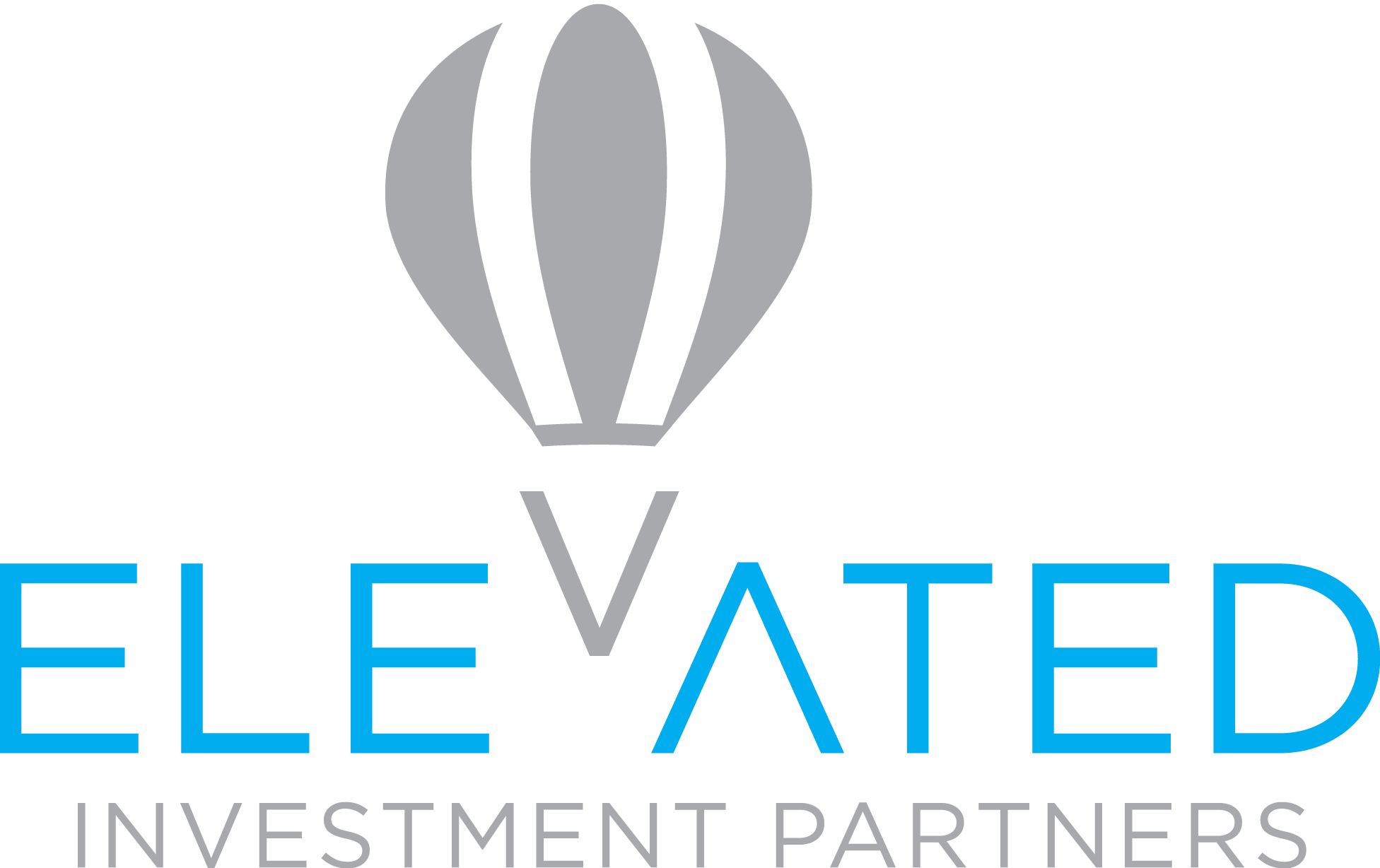Companies can face lawsuits related to their 401(k) plans for various reasons.

Some of the main reasons why companies are sued over their 401(k) plans include:
1. Excessive Fees and Expenses: One common reason for lawsuits is allegations that the company’s 401(k) plan charges participants excessively high fees and expenses. This can include claims that the plan offers expensive investment options or that the plan’s administrative costs are too high, resulting in reduced retirement savings for participants.
Best practice: The best protection from excessive fees is to make sure that the retirement plan is competitive in the marketplace. Be sure to understand all the fees involved with plan vendors and investment options. Be sure to gather and document the current plan fees and compare them to what is available to prove that your plan has reasonable expenses for the services being provided.
2. Breach of Fiduciary Duty: Fiduciaries of a 401(k) plan, which can include company executives or others responsible for managing the plan, have a legal obligation to act in the best interests of plan participants. Lawsuits may be filed if it is alleged that fiduciaries breached their duties, such as by making poor investment choices, failing to monitor the plan’s performance, or engaging in self-dealing.
Best practice: Always act in the best interest of your employees and plan participants. Stay clear of leveraging the 401(k) plan for the benefit of the company and meet regularly to monitor the plan to ensure that its health is in top shape. Meeting minutes are critically important to document that decisions are made in the best interests of the plan participants.
3. Mismanagement of Company Stock: Companies that offer company stock as an investment option in their 401(k) plans can face lawsuits if the stock’s value significantly declines due to factors like corporate misconduct or mismanagement.
Best practice: Think twice about offering company stock as an investment option in the 401(k) plan. It can be a great way for your company to allow employees to participate in the long-term success, but it can also open the door to potential liability down the road at a time when the company is probably struggling or not performing well.
4. Inadequate Employee Communication: Lack of clear and accurate communication about the plan’s features, investment options, fees, and other important information can lead to participant confusion and potential lawsuits.
Best practice: Make sure all proper communications and plan notices are being sent to all participants of the employer retirement plan. Electronic means of sending out notifications are considered satisfactory but make sure terminated and other plan participants are still receiving the required documents. Do not fall victim of using the same documents every year because retirement plans are impacted by new regulations and corporate decisions that often time prompt new documents and sending out the wrong information can be a liability waiting to happen.
5. Prohibited Transactions: Violations of ERISA (Employee Retirement Income Security Act) rules, such as engaging in prohibited transactions or self-dealing with plan assets, can result in legal action.
Best practice: Always taking action that puts plan participants first, will help ensure that prohibited transactions are not committed. Fiduciaries or parties of interest should avoid situations where their personal interests’ conflict with their responsibilities to the plan and its participants.
6. Late or Incorrect Contributions: Failure to make timely and accurate contributions to participants’ 401(k) accounts can lead to legal disputes.
Best practice: Make sure to internally audit your payroll and 401(k) records to make sure that contributions are being made in a timely manner with no errors. If a mistake is found, correct it and follow the voluntary correction procedures.
7. Failure to Follow Plan Documents: If the company does not adhere to the terms outlined in the plan documents, participants may sue for breach of contract or other related claims.
Best practice: Make sure everyone that works with and runs the retirement plan understands the plan design and definition of terms. When a person leaves the company that was involved with the operations of the retirement plan, it is crucial that their replacement be trained on how the plan operates and that they understand the plan design.
It’s essential for companies that offer 401(k) plans to be diligent in their plan management, ensure compliance with ERISA and other relevant regulations, regularly review and monitor plan fees and investment options, and communicate effectively with plan participants. Consulting with legal and financial professionals with expertise in employee benefits can help companies navigate the complex regulations governing 401(k) plans and reduce the risk of litigation.
